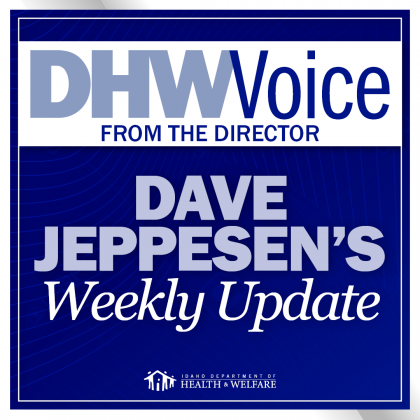The Idaho State Behavioral Health Planning Council (BHPC) has shared State of Mind 2022, its annual report, with the Governor’s Office, the Idaho Legislature, and the Idaho Judiciary. The report evaluates the value of behavioral health services for adults and children provided by the state of Idaho.
The BHPC was formed in 2014 with the passage of Senate Bill 1224 in the Idaho Legislature. It has 21 members from across Idaho, including two from the Department of Health and Welfare. Its mission is to promote advocacy, collaboration, education, and policy development to create a seamless behavioral health delivery system. The BHPC should not be confused with the Idaho Behavioral Health Council, which was formed by Gov. Brad Little and is tasked with developing a strategic plan for the behavioral health system in Idaho.
The report contains valuable information about the complex work being done in Idaho to support people with behavioral health issues. It opens with updates from partners including the Division of Medicaid, Idaho Office of Drug Policy, Idaho Department of Juvenile Corrections, Idaho Department of Correction, and the Division of Behavioral Health.
Idaho’s seven regional behavioral health crisis centers contribute information on client populations, demographic data, staff training, and the impacts they have on their communities. The crisis centers are open 24/7 to people 18 and older who need assistance with behavioral health issues. These privately contracted crisis centers use state funds to help operate their facilities and are monitored by staff in the Division of Behavioral Health.
The report also contains an update from DisAbility Rights Idaho (DRI) that focuses on protecting and serving Idahoans with disabilities, as well as input from each of Idaho’s seven regional behavioral health boards.
According to the regional behavioral health boards, the 10 most critical gaps and needs in Idaho overall are:
- Access to treatment providers
- Stable housing
- Child/adolescent mental healthcare
- Substance use disorder treatment centers
- Crisis intervention treatment for law enforcement
- Suicide prevention
- Peer support
- Caregiver support
- Anti-stigma education
- Community crisis centers
As we continue to promote recovery and help Idahoans get the behavioral health services they need when they need them, I encourage you to read the report for insights and opportunities for improvement for behavioral health in Idaho.
I hope you have a safe and healthy weekend.
The Idaho Department of Health and Welfare is dedicated to strengthening the health, safety, and independence of Idahoans. Learn more at healthandwelfare.idaho.gov.

Join the Discussion
Please note the following terms of participation in commenting on the DHW Voice blog.
To ensure a productive discussion you agree to post only comments directly related to this post and to refrain from posting obscenities; threatening, abusive or discriminatory language; sexually explicit material; and other material that would violate the law if published here; promotional content; or private information such as phone numbers or addresses. DHW reserves the right to screen and remove inappropriate comments.